Getting a Puppy: The Complete Guide for New Pet Parents
Anxiety, uncertainty, and doubts before bringing a puppy home are normal. It is a big step in the life of many. Adopting a pet means you assume the responsibility of a living being who has emotions and can express feelings. It makes sense why potential pet parents go into detailed planning before adopting a puppy.
The bond between you and your fur buddy is supposed to be impeccable and beautiful. Puppies teach us unconditional love. Nonetheless, several times, reality becomes different from expectations. And new pet parents end up with a dog or cat who is not obedient or simply destructive.
So, there is no harm in waiting till you are ready for a pet.
Do you think you are ready to become a pet parent? Then this article is for you!
This is the complete guide for new pet parents. This New Pet Parent Guide has everything you need to know BEFORE and immediately after adopting a pet.
What Should You Know Before Adopting a Puppy?
- Raising and maintaining a puppy is not a hobby. It is a full-time job, at least for the first few months.
- You will have to deworm them and vaccinate them at all costs. There is no way you can compromise on their quality of life irrespective of your financial challenges.
- You may have to face medical emergencies with your pet. Apart from choosing a reliable veterinarian, you will have to ensure their availability 24/7 for the sake of your pet’s health.
Once you are ready for a pet or have brought a new puppy home, do visit Vetic to find out what state-of-the-art pet care looks like.
New Puppies Will Demand Time and Attention
Your new puppy or kitten will demand your attention, patience, and energy. Puppies and kittens are incredibly cute, but they do not raise themselves. They cannot become your dream pets unless you are ready to invest your time and energy to train them. If you don’t know how to train your puppy, you may have to find a trainer or canine behaviorist.
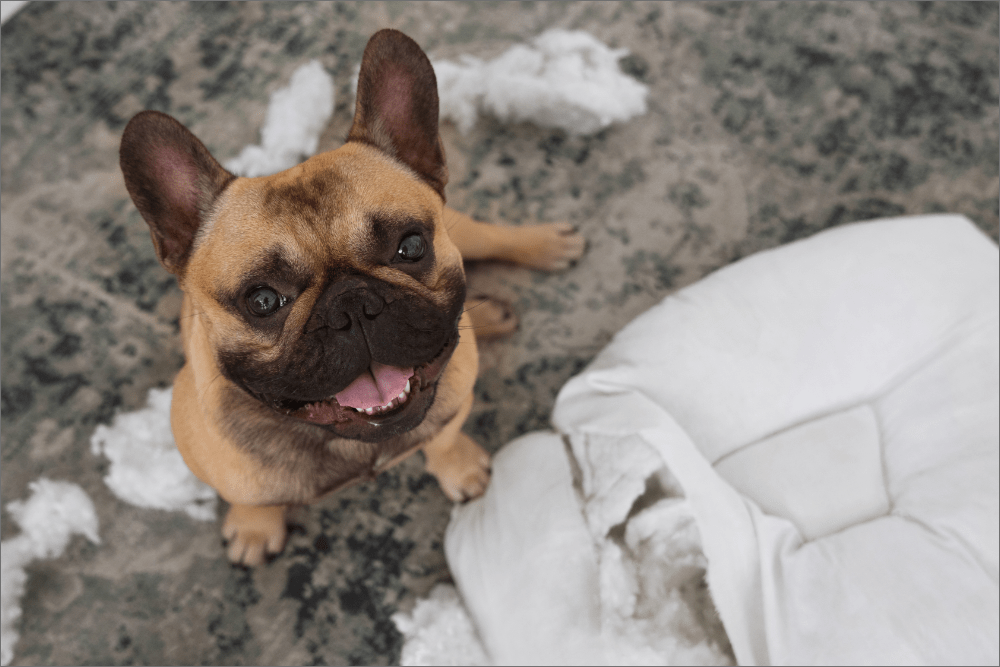
Toilet training a new puppy is one of the biggest challenges new pet parents face and every honest pet parent guide should tell it to you. Next, you will have to see them through their teething phase during which they are likely to chew furniture legs, and shoes unless properly trained.
If you go out for work, find a boarding service for your puppy. You cannot leave a young puppy home for longer than 1 hour. It can lead to destructive behavior due to separation anxiety and it can escalate to medical emergencies.
Get a Puppy from the Right Source
Avoid purchasing puppies from puppy mills. Do not adopt or buy puppies from unknown breeders. Always seek strong references and recommendations before you select a litter of puppies.
In many situations, veterinarians perform C-sections or oversee deliveries. You can inquire at your nearest veterinary clinic about such litters. It has one huge advantage – you can get the complete medical history of the dog’s mother. Her health will influence the health of her pups.
If you want to adopt and not shop, you can always look up registered NGOs in your area that foster and rescue puppies and kittens. You can deworm them, vaccinate them, and give them a loving home. However, just because you are rescuing an indie, do not expect them to be always thankful and obedient. They will require the same attention and care that any purebred puppy demands, if not more, due to their history. 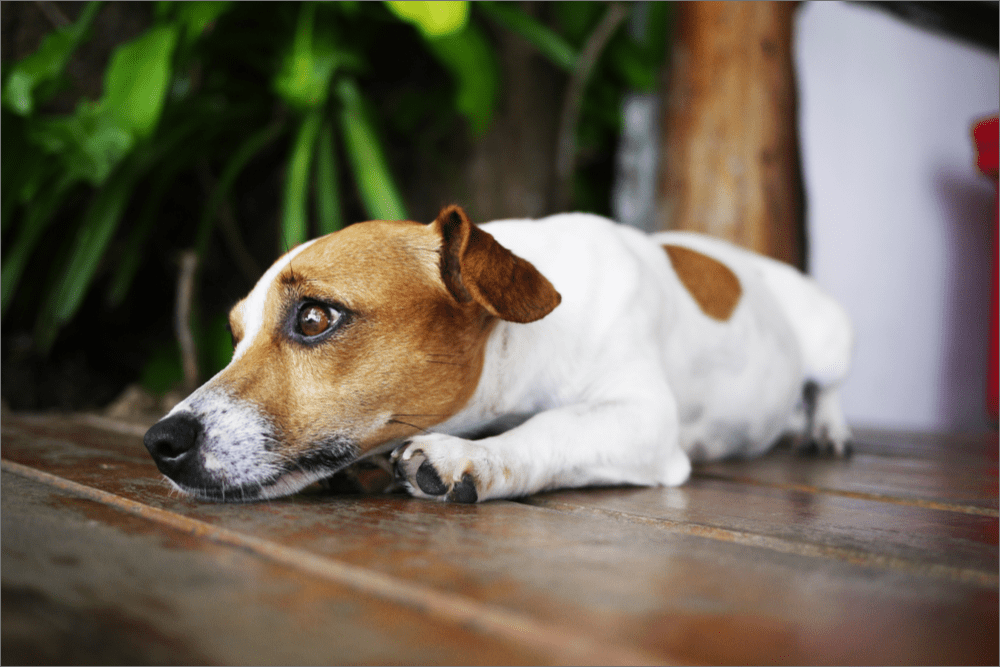
New Pet Parents Should Visit the Vet on Day #1
It might sound weird, but you need to visit the vet even before you take the puppy home. Not a lot of guides for new pet parents mention this but we believe pet parent counseling is indispensable for ideal pet health. Many puppies, especially the ones from rescue and foster homes come with ticks, fleas, and mites. These are all parasites that are extremely challenging to exterminate once they enter your home.
Moreover, the experienced veterinarian can give you proper advice on the puppy’s diet, and puppy supplements and give you the dates for the deworming and vaccination of your puppy.
Let’s Talk Pet Supplies
Dog-proofing Supplies
So, let’s begin with dog-proofing your home. It means moving everything toxic or poisonous out of the reach of your puppy. Covering any jagged or sharp bits of furniture and décor with thick natural matting.
You will also have to install netting across large windows and balconies to prevent your pooch from falling.
Puppy Pee Pads
Buy a large supply of puppy training mats or pee pads. First few times they may pee on the floor. Soak it up with these pads and place the pads where you want your puppy to pee or poop.
Dog Crate
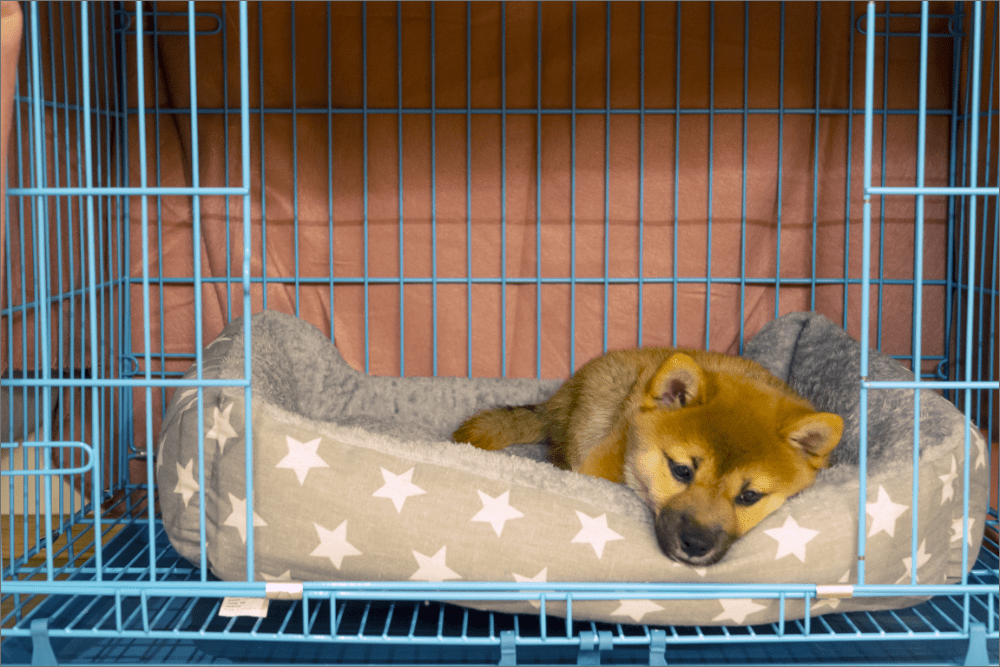
Make it a habit for your pup to spend time in the crate during naps and while you are out for a short duration. If you introduce crate training to your puppy early in their life, they are less likely to treat it as a negative reinforcement or punishment. Choose the right crate according to their breed, size, and age.
Dog bed
Get a bed that is washable since accidents will happen with very young puppies. Get a sturdy bed that can withstand scratches and bites from a growing pupper. If it’s summertime, you can consider buying cooling mats for your pupper too.
Dog Bowls
Get at least two bowls – one for food and one for water. Buy bowls that suit the size of your pupper. Along with the bowls, buy a measuring cup or kitchen weighing machine to give the right amount of food to your pup. Never overfeed your pooch since it can lead to a life-threatening condition called bloat in pups.
Dog Collars and Leash
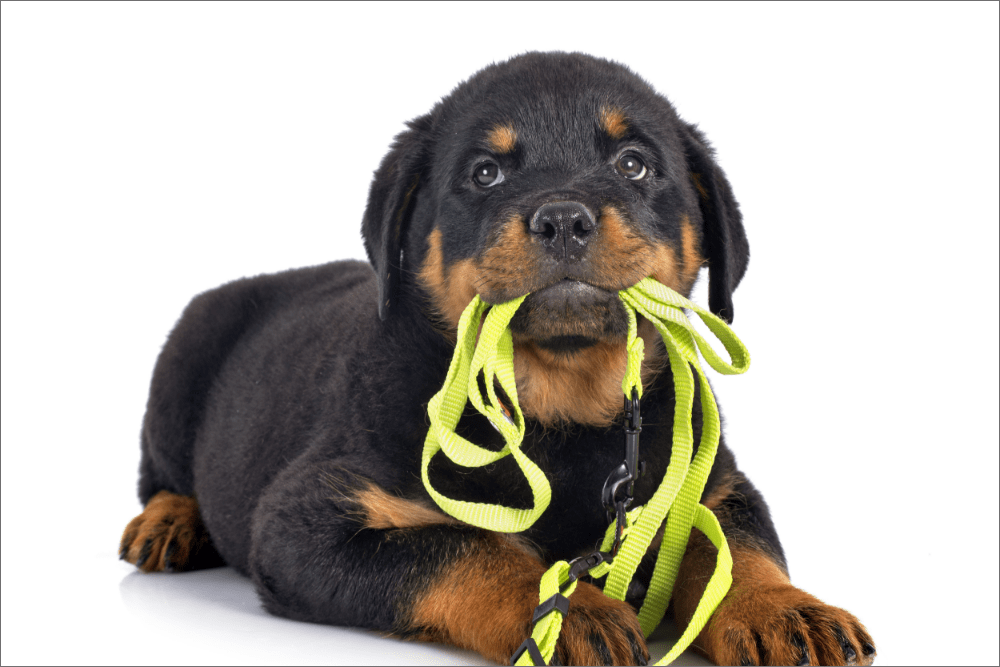
Get collars and a leash for your puppy once they reach 45 days. Training them to wear collars and walking on a leash from an early age will give you a confident dog who doesn’t pull on his lead and doesn’t tumble on his leash either. It will make walking your dog a literal walk in the park a couple of months later.
Puppy Toothbrush and Toothpaste
We know how pristine puppy teeth look. Nonetheless, you need to familiarise your pupper with the concept of brushing their teeth. Otherwise, when they finally grow up and their teeth begin to attract plaques, you will have a snarly dog who does not welcome toothbrushes or doggy toothpaste.
Puppy Food
Depending on the breed of your puppy, your veterinarian will recommend the right dry and wet food. Feeding puppy food to pups is the best decision any dog parent can take since they already have all the nutrients in the right quantities. However, stick to the prescribed quantity only. Follow your vet’s directions for changing your pup’s diet when necessary.
Puppy Brush
We know, that buying a grooming brush for your puppy seems quite simple. And why not? You can find thousands of them online. However, did you know? Each breed has different grooming requirements. They require different types of brushes, combs, shampoos, conditioners, and detanglers. Visit an experienced groomer to find out what grooming accessories your pooch needs.
Puppy Bag or Travel Crate
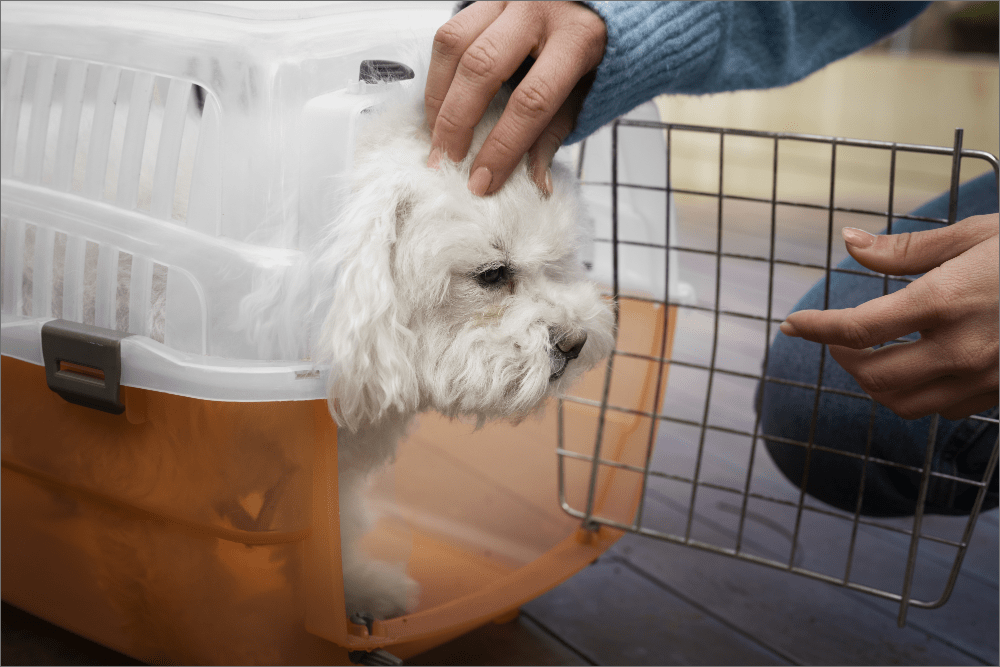
When your pup is still small and hasn’t received all his vaccines, you should not place them on the ground at vet clinics. You should not carry them out in the open since other bigger dogs might scare or even harm them. Invest in a sturdy Puppy Bag or Travel Crate that can hold your pup comfortably until they are at least 4 months old. Once their vaccinations are complete and they are comfortable around bigger woofs, you can take them out on a retractable leash.
Give them Lots of Cuddles and Love
Raising the perfect puppy is not just about training, discipline, and work. It should also be fun. Once they get the clearance from your vet, take them out for walks and rides. Let them make friends.
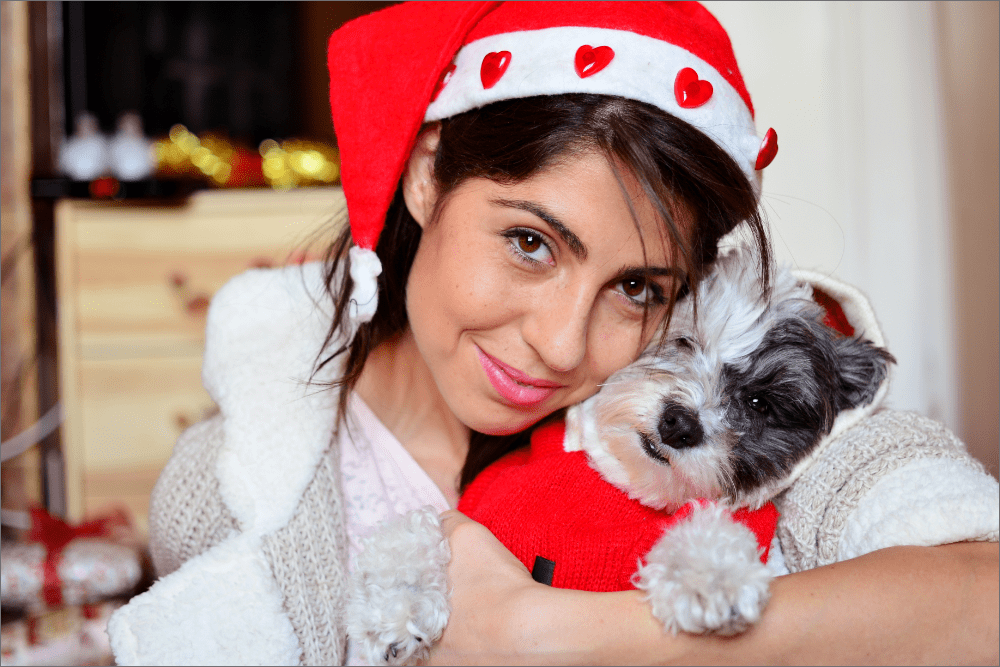
Cuddling your puppy won’t make them clingy. They will make them trust you. Most importantly, when you pet them, get really handsy. Apart from releasing endorphins in your and your pupper’s brains, it will get your puppy used to human touch. So, in the future, if he hurts himself and you need to put an ointment on him, there will be no resistance from his side.
Do not forget to indulge them, once in a while. Pamper them all you like after their daily training sessions.
And if someone tells you that you are spoiling your puppy, tell them it’s because he deserves it!

